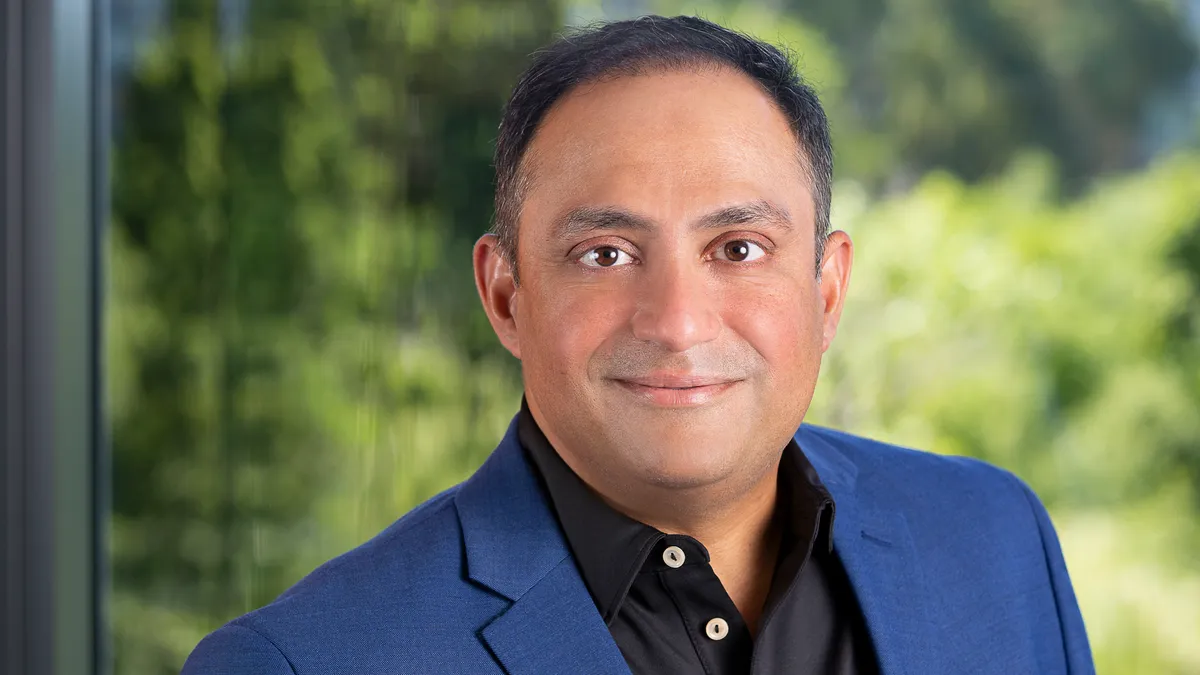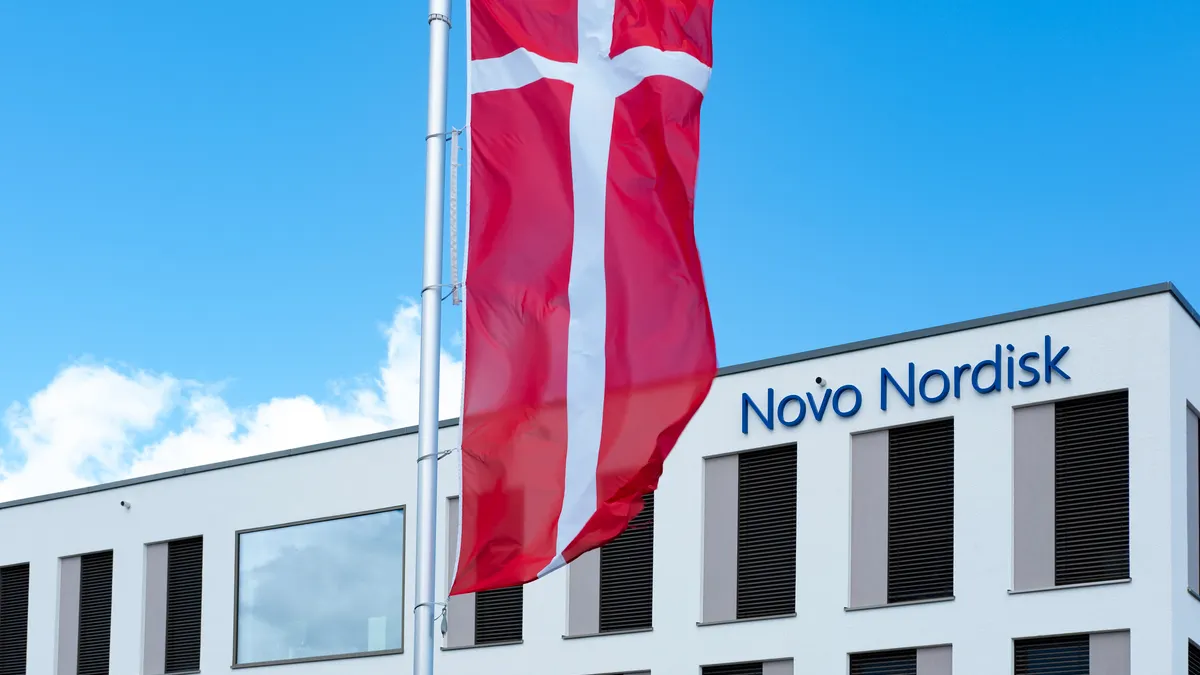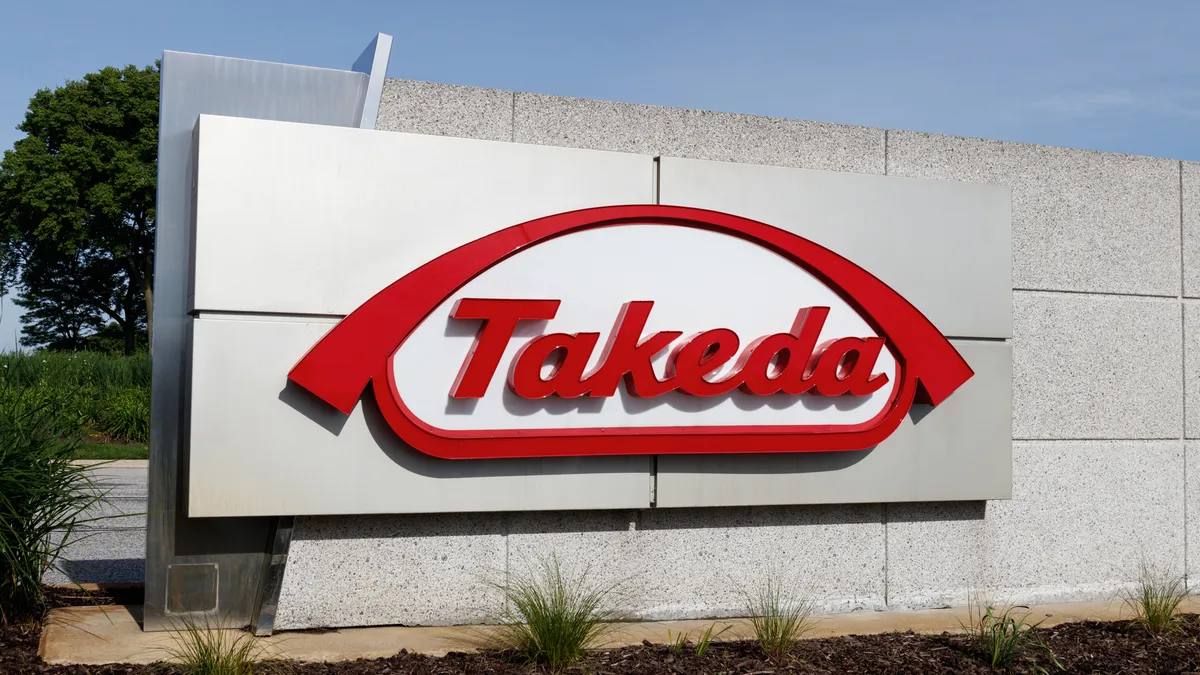Genetic control is the next big thing in oncology, but there’s one gene that’s particularly important and notoriously difficult to work with: c-Myc (or MYC).
MYC gene overexpression is found in most human cancers, making MYC what Mahesh Karande, president and CEO of Omega Therapeutics, calls the “holy grail target” in oncology.
“(MYC) is implicated in 50% of solid tumors and almost 100% of metastatic cancers,” said Karande, whose clinical-stage biotech company aims to develop therapeutics with programmable epigenetic medicines to control gene expression.
However, holy grails are nothing if not elusive, and MYC’s other characteristics make the target difficult to drug, Karande said. It’s a “master regulator” and controls many aspects of both cellular growth regulation and cellular metabolism; it doesn’t have a “binding pocket,” making it hard for drug molecules to bind to the protein; and it’s an autoregulator, so when it’s under “attack” it corrects itself.
“You need to put more and more drug, and at some point you can’t put enough drug in the system,” Karande said.
In fact, no one has been able to drug it successfully, Karande said. But the company’s attempt to do so uses the industry’s hot technology: mRNA.
"People call this the century of biology … I think our control of biology is unprecedented.”

Mahesh Karande
CEO, president, Omega Therapeutics
In late October, Omega Therapeutics dosed the first patient in its phase 1/2 Mychelangelo I trial, which is evaluating its lead drug candidate, OTX-2002, as a potential first-in-class, mRNA therapeutic epigenomic controller engineered to downregulate the MYC to treat hepatocellular carcinoma and other solid tumors associated with that gene.
OTX-2002 also recently received an orphan drug designation from the FDA.
OTX-2002 was developed to “downregulate MYC expression pre-transcriptionally through epigenetic modulation while potentially overcoming MYC autoregulation,” according to the company.
In other words, it can “send in medicine to the genome; literally tune the gene like you would tune the regulator of a fan to work in the range you want it to,” Karande said.
And that has implications for other cancers, too.
“Figuring out how to turn down the expression of this gene will allow us to turn it down for different kinds of cancers. And the beauty of our mechanism is that we do this very specifically in the tissues that are affected … not affecting other processes, which is important because (MYC is) important to other processes in our bodies, so we don’t want to mess with it where it’s not required to be messed with,” he said.
A renaissance
It’s science that Karande is astounded and thrilled by, even after nearly four years leading the company.
“Just imagine what I’m saying!” he said excitedly. “That is almost equally awe-inspiring as a rocket ship on the moon.”
In fact, the name of the trial, Mychelangelo is not only a nod to the gene in its spelling, but also to the artist and the era in which he worked.
“The name itself suggests this (is) a renaissance,” Karande said. “People call this the century of biology … I think our control of biology is unprecedented.”
The implications of using mRNA therapeutics as programmable epigenetic medicines to control gene expression are wide, and the technology “can be used in pretty much any disease area,” he said.
“If you look at our pipeline it is broad,” he added, with drug candidates in not only oncology, but also immunology, regenerative medicine, and monogenic diseases, such as alopecia.
Working ‘in service to patients’
Karande considers pharma and biotech work a “noble pursuit,” but that’s not the only factor that keeps him inspired. He’s also driven by innovative people and ideas.
At first, though, the biotech industry wasn’t on his career radar.
"I think at the end of the day, if you cannot get the drug and medicines to people in need you are really failing.”

Mahesh Karande
CEO, president, Omega Therapeutics
“Growing up in India, it was kind of a binary thing. If you were good at the sciences, you either became an engineer or a doctor, and I chose to be an engineer,” he said.
Although he studied engineering at the Georgia Institute of Technology and met his wife in the United States, he “very quickly realized that I didn’t want to do a Ph.D. in engineering.”
Instead, he got a job at an engineering firm where he realized how much he enjoyed working with people and the “business side of things.” Eventually, he earned his master’s in business from the Wharton School at the University of Pennsylvania. From there, he got into consulting and then the pharma industry, including senior leadership roles at Novartis, where he was vice president and head of U.S. oncology for solid tumors; president of Novartis Africa; and president of Novartis Egypt. He's continually inspired by the drug discoveries and development witnessed over the years.
“You get to work with the smartest, brightest people who are solving some of the most difficult problems that we face in terms of medicine and healthcare,” he said. “It’s incredible to work with this group of people.”
But for Karande, innovation in pharma and biotech is about more than science and drug discovery. It’s also about creating access. Traveling to 78 countries and working in emerging markets with Novartis helped him see the world and its needs in a different way. It also allowed him to open up access to patients who needed it. For instance, while working with Novartis, he helped to launch the Novartis Access Program that offered 15 innovative chronic disease medicines for $1 each in Kenya, and later launched it globally.
“I think at the end of the day, if you cannot get the drug and medicines to people in need you are really failing,” Karande said. “At a moral level, at a global level, the industry would be remiss if we did not create access to these medicines in broad swathes of humanity. If patients die because they didn’t get access to a medicine that could have saved them, that’s a failure.”
And although Omega is still in the clinical stage, access is something Karande thinks about constantly.
“To me, that is also a huge part of innovation that pharmaceutical companies and executives need to think about,” he said.
It’s all part of that “noble pursuit” he feels every day.
“The day I stop feeling that,” he said, “I’ll stop working.”


















